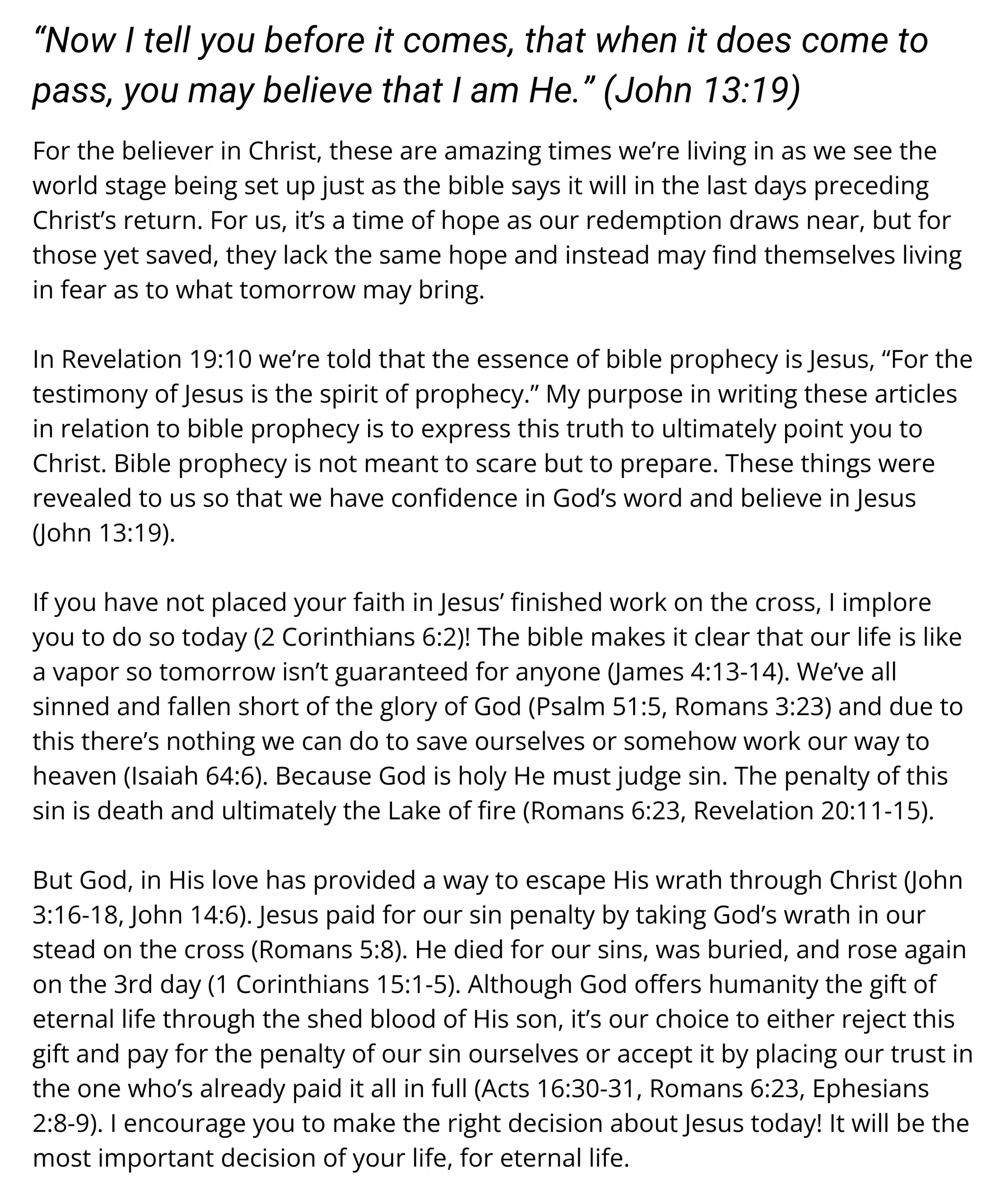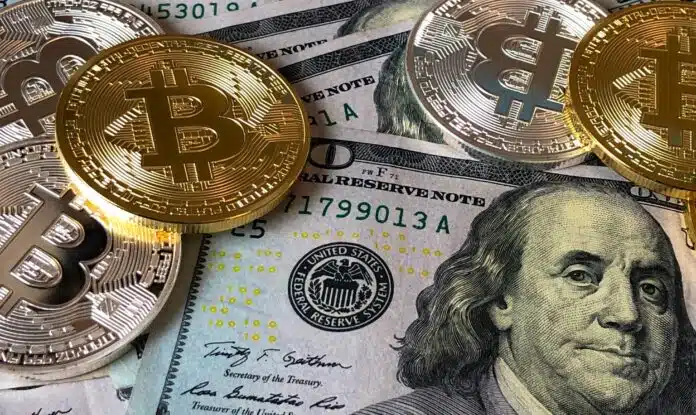2A US lawmaker has proposed a large-scale trial of government-backed digital cash. The Electronic Currency and Secure Hardware (ECASH) Act, introduced by Rep. Stephen Lynch (D-MA), would direct the Secretary of the Treasury to publicly test an “electronic version” of the US dollar. While the bill’s odds of passing likely remain low, it demonstrates governments’ increasing interest in launching alternatives to cryptocurrency.
Early March, we learned that the Biden administration gave their support for the research and development of a US Central Bank Digital Currency (CBDC). For me, as well as many other believers following current events, the move was an expected one as over 90 nations are already in the research and development phase, or like China, have already implemented a digital currency of their own.
At this point it’s too early in my opinion to say how early we could begin seeing a U.S. digital dollar, but one thing’s for sure, the path is being paved for that goal. One way we’re seeing this becoming a possibility is through a bill that was proposed by U.S. lawmaker Rep. Stephen Lynch (D-MA). If passed, his bill titled, the Electronic Currency and Secure Hardware Act (ECASH for short), would essentially lay the ground work for a trial run of a digital dollar.
With this bill the “Treasury would initiate the pilot within 90 days of the bill’s passage and deploy e-cash to the public within four years,” (The Verge). Through this initiative, their stated goal is to preserve “privacy and anonymity in transactions,” (CoinDesk). Defined in the bill is a “token-based” system rather than an “account-based” system that we’re more so familiar with. Meaning, funds could be on a phone or card rather than tied to an account.
This form of e-cash would support peer-to-peer transactions, and given the nature of its setup, it would support fully anonymous transactions. Thus, it would differ from other proposals for a digital dollar, which are based on stablecoins or other decentralized ledger tools. Blockchains are designed to track every transaction, and any transaction could be therefore tied to the sender and receiver. (CoinDesk)
Although these types of promises keeping privacy in mind are frequently made, should we trust that it will bear fruit? I personally don’t think so. Even if it starts as an anonymous system, who’s to say that it won’t change down the road? Many of us are aware that with digital currencies comes a host of privacy issues as well as possible control a government can exert over its citizens, both being issues I’ve highlighted several times in past articles on this subject.
As stated earlier, these latest moves concerning digital currency around the world and specifically here in the US shouldn’t catch us by surprise; we should be expecting this by now. From a prophetic perspective I don’t see the rise in the popularity of digital currencies which is further spurring on this CBDC race as a coincidence. In my article, What is the Prophetic Significance of Digital Currency?, I elaborated on why I believe this digital currency race is prophetically significant.
I believe that this “CBDC race” is laying the groundwork for the mark of the beast system that will come to fruition during the tribulation. As we see efforts for this progress it shows us how close this time period is, and even closer, the rapture of the church.
A new bill would launch a large-scale test of digital dollars
The Verge: The ECASH Act would require the Secretary of the Treasury to establish a program called the Electronic Currency Innovation Program (ECIP). ECIP would oversee a series of pilot programs for what the bill dubs “e-cash”: Treasury Department-issued legal tender that can be used without private intermediaries like banks or credit card companies. The Treasury would initiate the pilot within 90 days of the bill’s passage and deploy e-cash to the public within four years.
While “digital dollars” are often conflated with blockchain-based cryptocurrency like Bitcoin, the ECASH Act appears to discourage using that technology. E-cash is supposed to have “minimal transactional data-generating properties” — a tall order for cryptocurrency systems that publicly log transactions — and it’s supposed to allow for peer-to-peer transfers that aren’t validated through a “common or distributed ledger.”
Transfers also couldn’t require additional validation by a central government system or payment processing company, although they would need to work with existing institutions like banks. The idea is to mimic cash’s high level of privacy, its ease of use, and its lack of fees or processing hurdles — but subtract the physical bills.
Lynch’s bill, which is co-sponsored by Jesús “Chuy” García (D-IL), Rashida Tlaib (D-MI), Ayanna Pressley (D-MA), and Alma Adams (D-NC), would require at least three early proof-of-concept tests that run within 180 days of passage. They’d be potentially conducted in partnership with universities or existing financial institutions, and they’d be designed to experiment with different technologies.
At least one test would need to involve a physical card that can store the cash, while another would need to involve storing funds on a cellphone or SIM card. Those early tests would be followed by a limited public trial and “general deployment” within 48 months.
Lynch’s bill builds on widespread existing interest in a US “digital dollar.” The Federal Reserve released a preliminary report on digital currency earlier this year, suggesting it could benefit Americans who aren’t served by the current banking system.
More recently, the Biden administration included a central bank digital currency (CBDC) as an action item in its cryptocurrency executive order. Many governments outside the US were already exploring digital currencies. Among other initiatives, the European Commission plans to propose a “digital euro” in 2023, and China launched a “digital yuan” pilot program in January. Read More

Sources
- Rep. Lynch Introduces Legislation to Develop Electronic Version of U.S. Dollar (March 28th, 2022)
- A new bill would launch a large-scale test of digital dollars (March 28th, 2022) – The Verge
- US Lawmakers Introduce ‘ECASH’ Bill in New Push to Create a Digital Dollar (March 28th, 2022) – CoinDesk
- The ECASH Act



